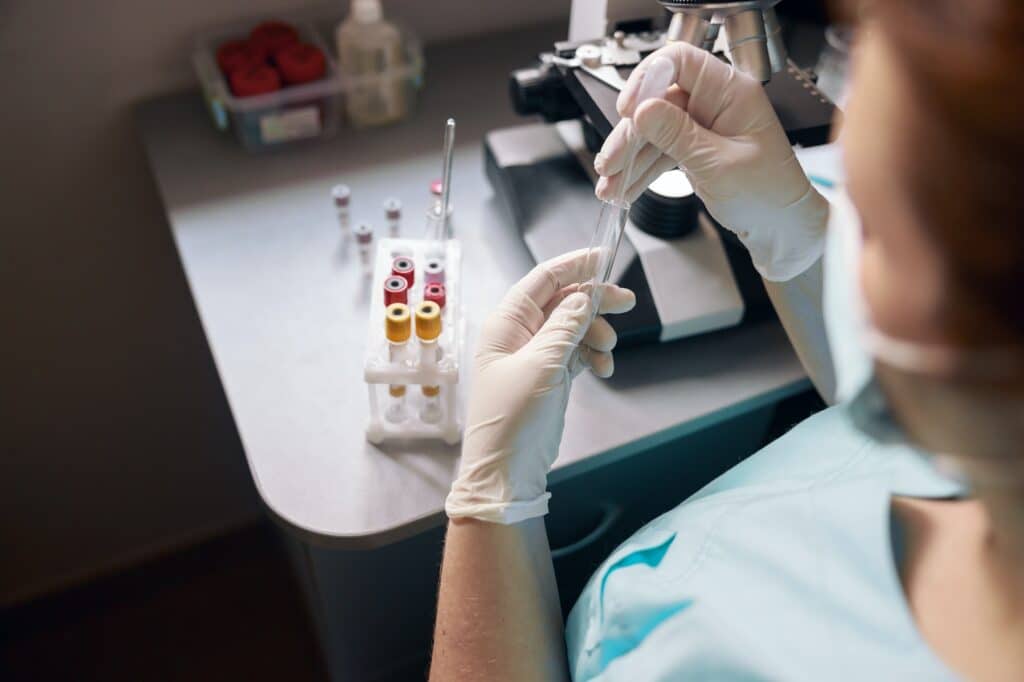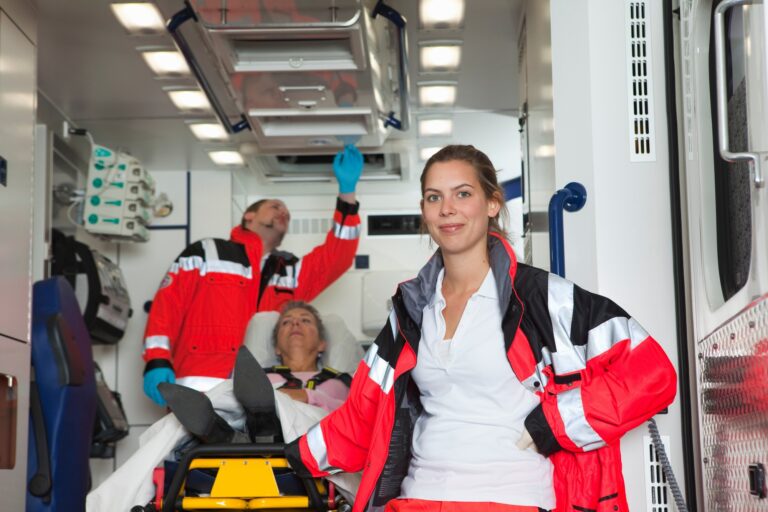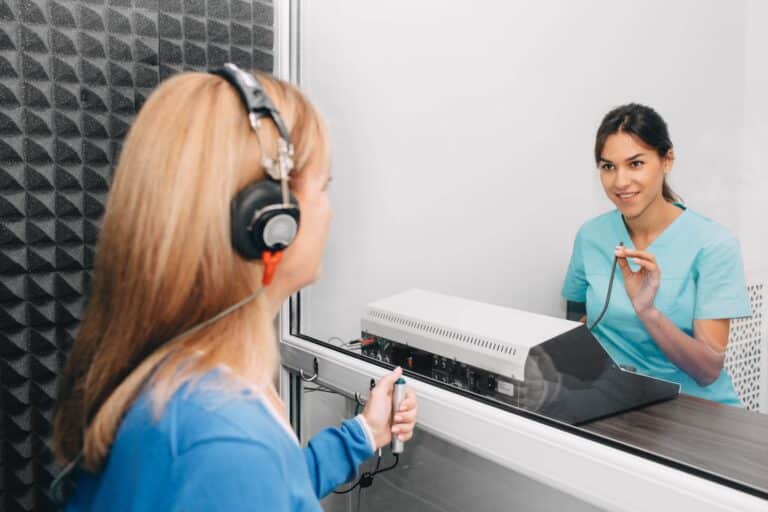When it comes to workplace wellness, it’s easy to get caught up in the idea that big changes require big investments. But sometimes, the most powerful shifts come from the simplest starting points. Biometric health screenings are one of those things. They’re quick, non-invasive, and can give people real insight into their health—often at a stage where small changes can still make a huge difference.
What Is a Biometric Screening?
At its core, a biometric health screening is just a short health check-up that looks at a few key indicators. It usually takes around 10–20 minutes per person and gives a snapshot of where someone stands in terms of general health. These screenings often include things like:
-
Blood pressure
-
Resting heart rate
-
Body mass index (BMI)
-
Waist circumference
-
Blood glucose (blood sugar)
-
Cholesterol levels (if included)
-
Body composition (muscle and body fat percentages)
Depending on your provider, there might also be options to include additional services like vision testing, lung function tests, hearing assessments, or even a basic health risk questionnaire. The goal is to help people understand what’s going on inside their bodies—before symptoms or chronic conditions show up.
Why These Screenings Matter
The real value of biometric screenings comes down to prevention. We talk about preventative care a lot, but most of us don’t actually prioritize it until something goes wrong. These screenings shift that mindset. They’re not about diagnosing or treating anything on the spot—they’re about getting ahead of issues and starting conversations.
High blood pressure, for example, doesn’t always come with warning signs. But catching it during a screening can lead someone to follow up with their doctor, make changes to their diet, or start managing stress more effectively. Same with elevated blood sugar or abnormal cholesterol levels. When we catch these early, we can do something about them.
Empowering People With Information
One of the things we love most about these screenings is the way they empower people. When someone sees their numbers and has a quick chat about what they mean, it often sparks a real interest in their health. It’s a lot different from reading about health risks online. This is personal. It’s about their body, their choices, and their future.
People don’t need to walk away from a screening with a perfect report. In fact, when there’s room for improvement, it opens the door to education and support. Maybe someone realizes they’ve been more sedentary than they thought. Maybe they didn’t know they were borderline hypertensive. That’s not a failure—it’s an opportunity to take control.
The Workplace Impact
From an employer’s standpoint, biometric screenings can be extremely beneficial. They’re a low-barrier way to promote health without asking much from your team. You’re not expecting people to commit to a 6-week wellness challenge or overhaul their habits overnight. You’re simply giving them a chance to check in.
We’ve seen firsthand how bringing health services directly to the job site increases participation. It removes a layer of friction. Employees don’t have to book a doctor’s appointment, drive across town, or take time off. We come to them. It’s efficient, respectful of their time, and sends a clear message: we care about your well-being.
Over time, these small touches build trust. They show that the workplace is not just about productivity—it’s about people. And from a broader perspective, a healthier team means fewer sick days, improved morale, and potentially even lower long-term health costs.
Confidentiality and Follow-Up
One concern we sometimes hear is about privacy. It’s important to know that individual screening results are confidential. They’re not shared with employers or coworkers. Each person gets their own results and recommendations, and it’s up to them how they choose to move forward.
If any results are outside the normal range, we provide simple, actionable guidance. In some cases, it’s just a matter of monitoring things over time. In others, it might mean referring someone to follow up with their doctor. We also offer add-on services like referral letters or physician consultations if more support is needed.
Creating a Culture of Wellness
Biometric screenings don’t exist in a vacuum. Ideally, they’re part of a larger wellness strategy—one that supports employees in making positive changes. That might mean offering healthier snacks in the break room, creating walking groups, or connecting people with local fitness and nutrition resources.
Even if your team isn’t quite there yet, screenings are a great first step. They help create awareness, spark conversation, and show that health is a shared priority. And when leadership participates too, it sends a strong message that wellness isn’t just lip service—it’s something you actually live out in your workplace culture.
What We Offer
At Canadian Occupational Wellness, we provide mobile biometric health screenings that are designed to be convenient, respectful, and informative. We bring everything to your site—whether that’s an office, warehouse, shop, or remote location—so your team doesn’t have to go out of their way.
We offer flexible options depending on your needs, and we’re happy to include additional assessments like audiometric testing, vision screening, or lung function testing to give a more complete picture. Our results are delivered one-on-one, with a focus on education and prevention—not judgment.
We’ve worked with a wide range of industries, from construction and manufacturing to office settings and municipalities. Every workplace is different, but the outcome is the same: healthier people, better awareness, and a team that feels seen and supported.
Let’s Talk
If you’ve been thinking about introducing biometric health screenings to your workplace, let’s connect. We can walk you through the options, customize a wellness day that fits your team, and help you make health and safety a bigger part of your company culture.
Whether you’re just starting out or already have a wellness program in place, we’d love to be part of your journey.




